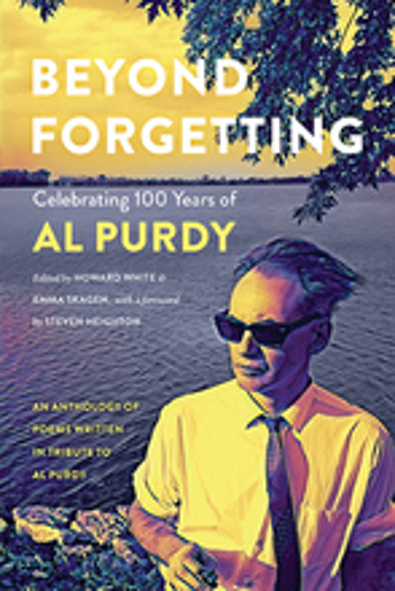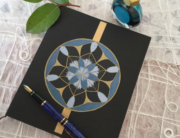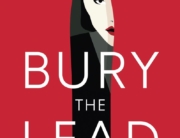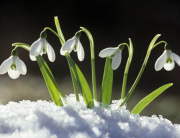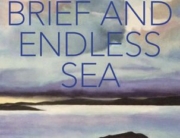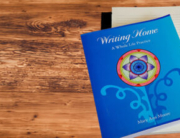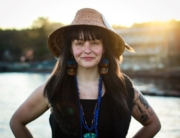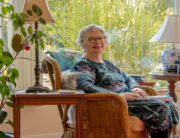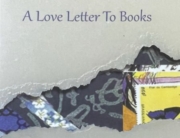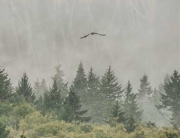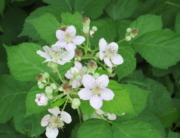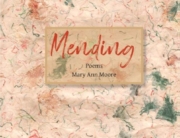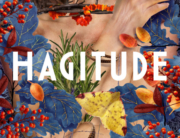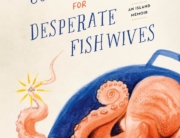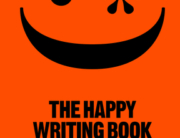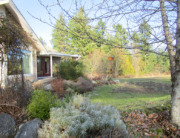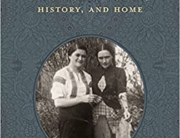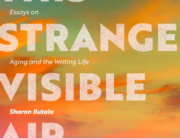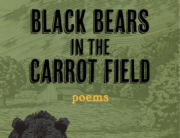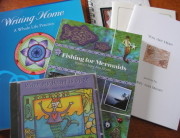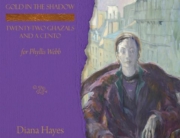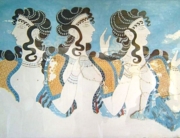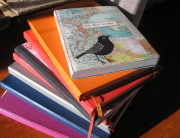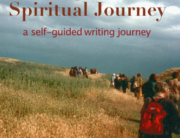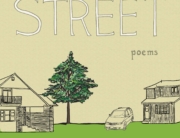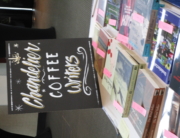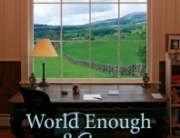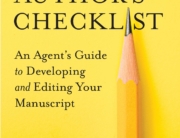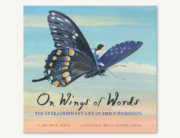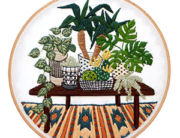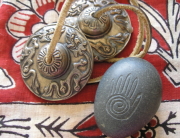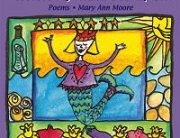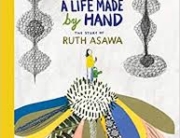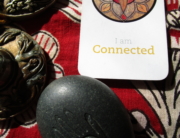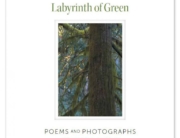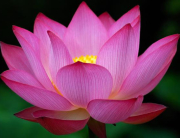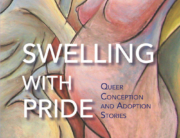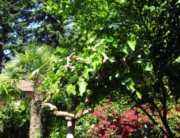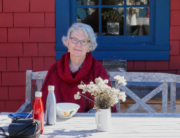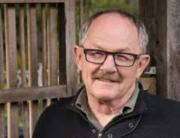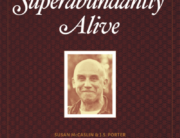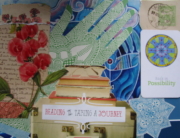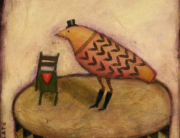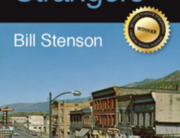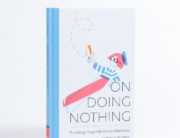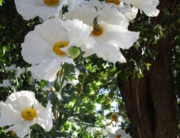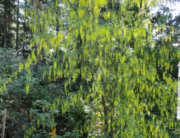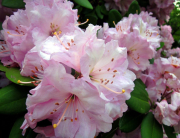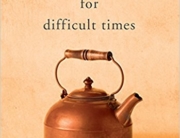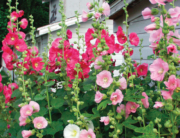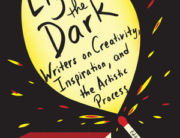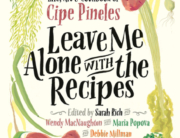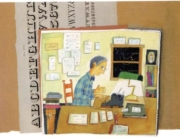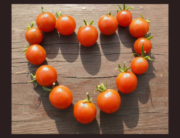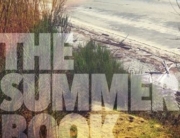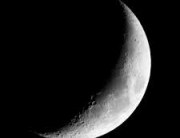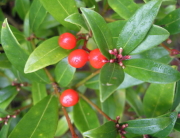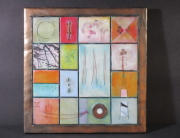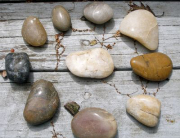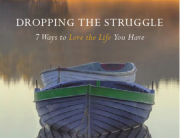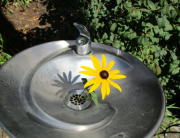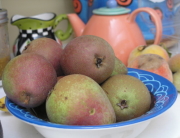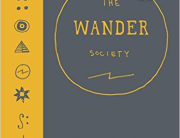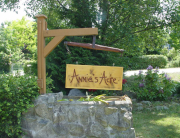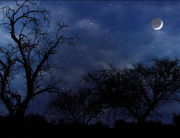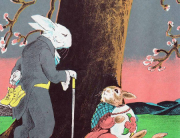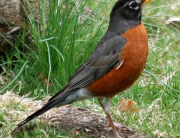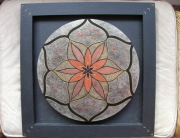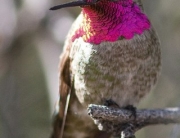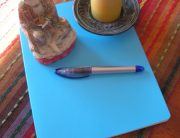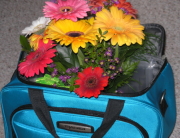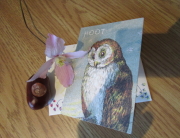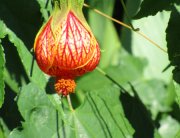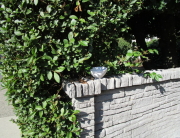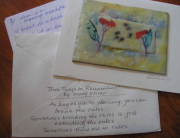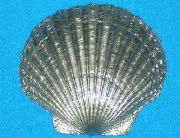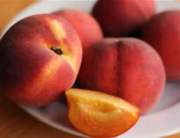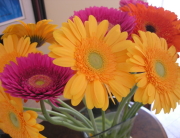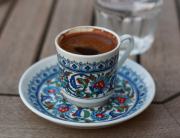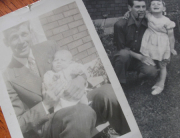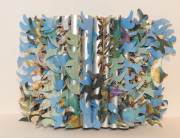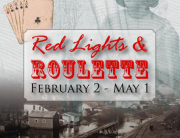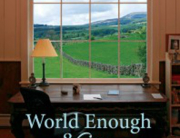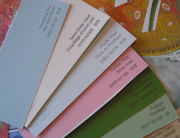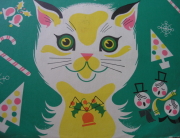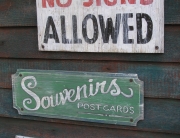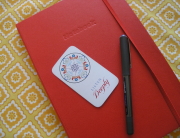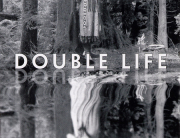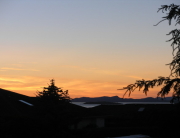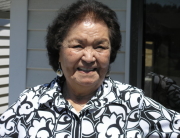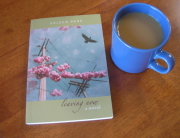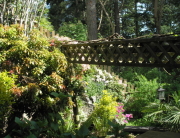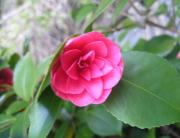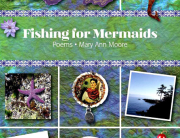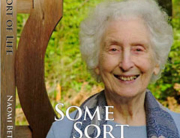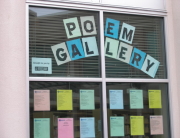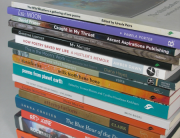Beyond Forgetting is an anthology of poems celebrating the one hundredth birthday, on December 30th, of “Canada’s unofficial poet laureate” Al Purdy (1918 – 2000), edited by Howard White and Emma Skagen (Harbour Publishing, 2018). Emma Skagen is a former bookseller at Munro’s in Victoria, B.C. and now lives in Kentville, Nova Scotia. She has added her editorial expertise to many bestselling books and has worked on a number of poetry collections including Cornelia Hoogland’s, Trailer Park Elegy. Many of the poems in the anthology describe encounters with Al Purdy by some of our best known Canadian poets including Earle Birney, Milton Acorn, Brian Brett, Tom Wayman, George Bowering, Susan Musgrave, Lorna Crozier and Patrick Lane.
Some poems are dedicated to Purdy by younger writers such as Rachel Rose, Vancouver’s poet laureate, and Steven Heighton who wrote the foreword to the anthology. Heighton first met Purdy in the early eighties when Al Purdy and Earle Birney gave a reading in Heighton’s Canadian Literature class at Queen’s University. He last saw him “dying at home in Sidney, BC.”
Tom Wayman was an “emerging Canadian poet” in 1971 when he was published in Purdy’s anthology, Storm Warning. “Tom did more than offer sage advice;” he got the project [Beyond Forgetting] off to a flying start by preparing a work plan and roughing in much of the selections” the editors say in their introduction.
George Bowering’s contribution is “At the Cecil Hotel” described as a “translation of Al Purdy’s ‘At the Quinte Hotel’.” Rather than “I am drinking,” Bowering’s poem begins: “I am writing.” It makes reference to several poets: Milton Acorn, Pat Lane, [John] Newlove, Dorothy Livesay, and Alden Nowlan.
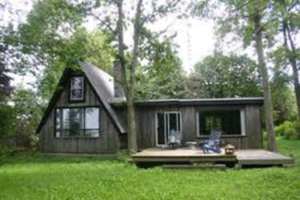 Bowering’s statement in the back of the book says: “He is fortunate enough to be married to Jean Baird, who started the movement to save the A-frame.” The A-frame, where Bowering first stayed in the sixties, is the Purdy home in Ameliasburg, Ontario that now offers the A-frame writer-in-residence program. It was built in 1957 by the Purdys from “scrounged materials.” A group headed by Baird, Howard White and others raised funds to purchase the property and created the writers’ residency program. You can read more about the Al Purdy A-Frame Project at www.alpurdy.ca and consider making a donation.
Bowering’s statement in the back of the book says: “He is fortunate enough to be married to Jean Baird, who started the movement to save the A-frame.” The A-frame, where Bowering first stayed in the sixties, is the Purdy home in Ameliasburg, Ontario that now offers the A-frame writer-in-residence program. It was built in 1957 by the Purdys from “scrounged materials.” A group headed by Baird, Howard White and others raised funds to purchase the property and created the writers’ residency program. You can read more about the Al Purdy A-Frame Project at www.alpurdy.ca and consider making a donation.
One of Milton Acorn’s (1923-1986) poems in the anthology is “Knowing I Live in a Dark Age” in which he refers to “my friend Al.” Purdy referred to “their sometimes fractious relationship” in his poem, “House Guest.”
Patrick Lane’s elegy “For Al Purdy” from Last Water Song (Harbour Publishing, 2007) mentions “the Cecil” and Purdy’s wife Eurithe and writers like Newlove and Layton as well as publisher Jack McClelland.
“I fixed your deathbed, the second-hand you and Eurithe bought at a garage sale. You stood in a reel while I hammered it together. Three days later you were gone,” Lane wrote in his elegy.
Patrick Lane considers Al Purdy “an early major influence.” They crossed “tracks many times over the years, but our real friendship began in 1990 on Vancouver Island and continued until his death. One of the last favours I did for Al was to nail his deathbed back together after it collapsed under him. I remember Al standing shakily to the side holding on to his intravenous pole as he leaned against the wall, Eurithe encouraging me to hurry the job,” Lane writes in the “statements” part of the book. [Patrick Lane photo by Chris Hancock Donaldson.]
Another elegy, “Each Life is a Language No One Knows,” is by Susan Musgrave who met Purdy in the Yucatan in 1972. “Wherever I have travelled, Al Purdy has been there first. And written poems about it. No subject was too small or too awkward for Purdy, with his meat and potatoes small-town Canadian sensibility as big as the world’s.”
There’s another Musgrave elegy,“Al Purdy Took a bus to the Town Where Herodotus was Born,” and in the “Legacy” section: “Thirty-Two Uses for Al Purdy’s Ashes.”
Shout “these ashes oughta be worth some beer!”
in the tavern at the Quinte Hotel, and wait
for a bottomless glass with yellow flowers in it
to appear
from “Thirty-Two Uses for Al Purdy’s Ashes” by Susan Musgrave
Other poets among those included in the anthology are Candace Fertile, Russell Thornton, Linda Rogers, David Zieroth, Karen Solie, Peter Trower, Corneila Hoogland, and Ken Babstock. Lorna Crozier’s poem is “A Cat Named Purdy.” Here is an excerpt:
When I told Al
we’d name our new one Purdy, he shouted,
waved his arms and almost threw me out
through we’d been having a grand time
reciting from memory Leda and the Swan
line by line to one another, our voices
loud above the beating of the wings.
Al Purdy, born in Wooler, Ontario and raised in rural Ontario, married Eurithe (Parkhurst) Purdy, a Belleville native, in 1941. As the introduction to the anthology says: “To a very great extent his lengthy and productive career was made possible by the assistance of his wife . . . who was a superb business manager.” It was Eurithe who at ninety-four instigated the anthology when she approached Howard White, Purdy’s long-time publisher, with a folder of tribute poems she had collected over the years.
My all-time favourite Purdy poem is “Say the Names.”
Kate Braid’s contribution is “Say the Names after Al Purdy” in which she says “abrasive. / Say abatjour, abutment and adze eye.” Braid, who worked in construction for fifteen years, uses terms associated with building throughout the poem. She says in her comments that she was affirmed by “Purdy’s down-to-earthness and rough humour.” She was thankful “that it was okay to write about work, to say it plainly, to aim to commune with so-called ‘ordinary’ people.”
I still have a page from the Globe and Mail book section (those were the days!) with “Say the Names by Al Purdy” on it. It was Week One of a new weekly series: “How Poems Work.” I keep favourite poems in a binder and this page goes back to March 11, 2000 when Susan Musgrave was the poet assigned to write about that week’s poem.
She said she was “often confronted by people who say they do not understand the ‘meaning’ of a poem. But even when poetry has a meaning, as it usually has, it may be inadvisable to draw it out.”
“Meaning is of the intellect; poetry is more physical,” she wrote. Of Purdy’s “Say the Names,” Musgrave said: “It finds its way to something in me that is difficult to pinpoint, something ancient and much wiser than the mind and body I inhabit now.” The poem reads the way a river flows. When he writes “say the names / as if they were your soul / last among the mountains,” the words have a visceral effect, and I can feel my own soul wandering lost, and finding itself again in the fluid rhythms of Purdy’s poem.”
I loved reading the poem out loud in Toronto (Kleena Kleene Nahanni / Osoyoos and Similkameen) and now that I live in British Columbia, always referred to as “out west,” I’m even more fond of the repetition and the names (Tulameen Tulameen / say them like your soul / was listening and overhearing / and you dreamed you dreamed / you were a river / and you were a river / Tulameen Tulameen . . .)
Alfred Wellington Purdy published thirty-three books of poetry during his lifetime. Writer, editor and publisher Howard White published many of Purdy’s books and has written “some thirteen books of his own.” White lives in Pender Harbour, BC, where he co-founded Harbour Publishing and now serves as publisher of Douglas & McIntyre. In his comments he recalls meeting Purdy in the late sixties at the Cecil Hotel in Vancouver “in company with the poet Peter Trower and the painter/poet/musician/boatbuilder Curt Lange.” They ended up at the west-end apartment of Earle Birney who was away. His “crusty wife” Esther took on the cooking of “an armload of steaks” for the “bunch of hungry drunks.”
Purdy and White kept in touch after that and “following one of his acrimonious blowups with McClelland & Stewart he asked if I would publish his autobiography, Reaching for the Beaufort Sea. We did that, followed by a collection of prose writings and his last three books of poetry. Coming to know the subtle mind and sensitive soul sheltered within the raucous Purdy exterior has been one of the great rewards of my years in the book trade.”
Howard White’s poems in the anthology are “A Word from Al” and “The Poet’s Wife.”
For fifty years her role was to be the brake
On a runaway imagination
Also to put up with a lot of crap
In the name of art (poverty, infidelity, anonymous toil)
Now that she is fifteen years alone it is different
She has become the keeper of that flame
That once gave her so much anguish
She is the one left to make the case
For that bewildering and troubling journey . . .
from “The Poet’s Wife” by Howard White

